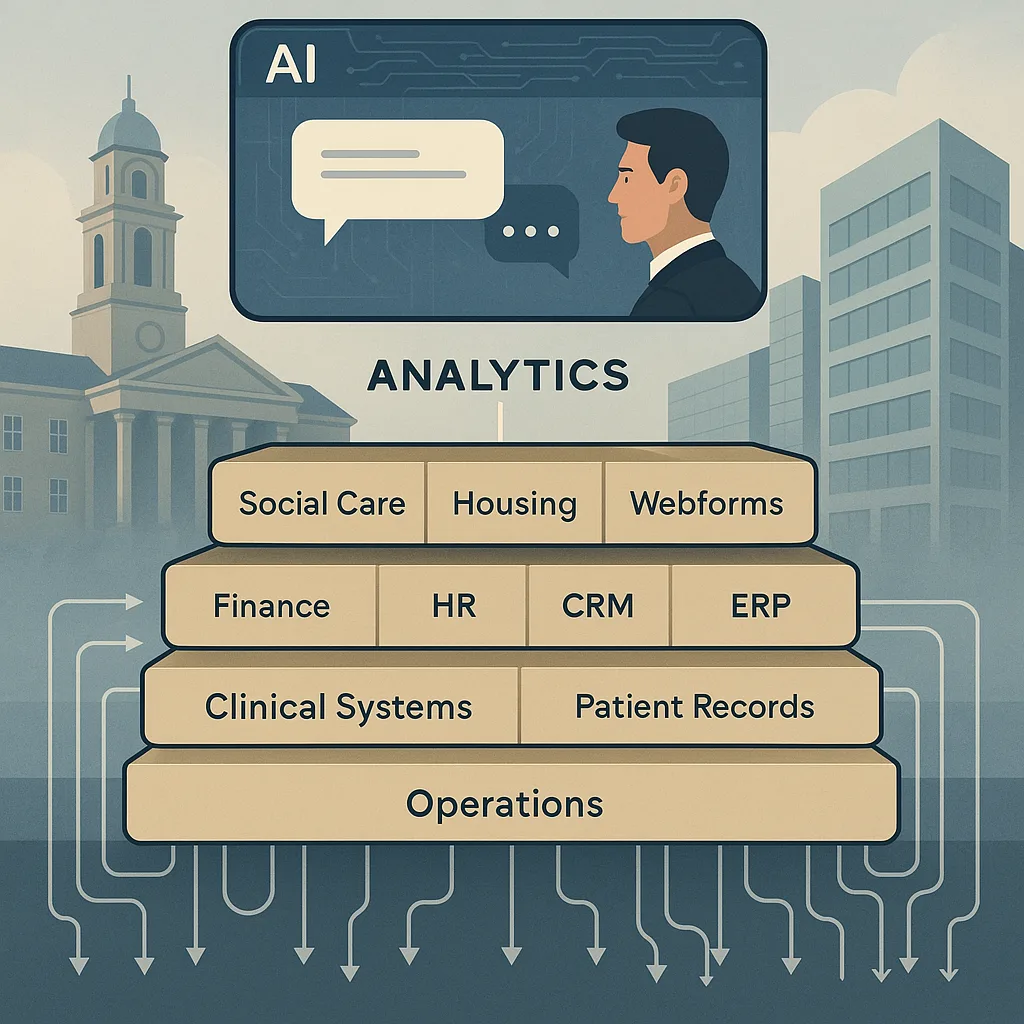
Local authorities across the UK are grappling with an escalating housing crisis, with temporary accommodation costs soaring to £1.7bn annually. Councils are under immense pressure to provide emergency housing while managing budgets that are already stretched thin. The big question is: can data help councils make smarter housing decisions, reduce costs, and prevent homelessness before it happens? At itelligent-i, we believe it can.
The rise in temporary accommodation (TA) costs isn’t just a budgeting issue—it’s a symptom of a wider housing system under strain. More families than ever before are living in TA, with increasing reliance on costly private sector placements due to limited social housing stock.
But while councils are spending more, are the decisions being made using accurate, forward-looking data? Too often, housing allocations are reactive, rather than informed by predictive analytics that could help prevent homelessness in the first place.
Allocating housing efficiently isn’t just about fairness—it’s about ensuring resources are used in the most effective way possible. Data can help councils identify patterns in housing demand, allocate stock strategically, and avoid unnecessary delays in placements.
How data-driven housing allocations can help:
- Prioritising those most at risk with predictive analytics that flag high-risk households before they become homeless.
- Reducing backlog delays by mapping available stock against emerging demand trends.
- Improving move-on rates by identifying the best long-term housing solutions faster.
Prevention is always better (and cheaper) than cure. Councils need to shift from crisis response to early intervention models—and this is where data science can make a real impact.

How councils can use data to prevent homelessness:
- Early warning systems that analyse benefit changes, arrears patterns, and eviction notices to identify families at risk.
- Cross-agency data sharing to spot vulnerabilities sooner—linking social care, employment, and housing insights.
- Mapping prevention success—what interventions have worked in the past, and where should councils target support next?
Reducing Temporary Accommodation Costs: A Smarter Approach
While housing pressures won’t disappear overnight, councils can take control of costs by using better forecasting and planning tools. Reactive spending on TA isn’t sustainable—but strategic data insights can drive down costs and improve outcomes.
How councils can reduce temporary accommodation spending:
- Demand forecasting: Using AI to predict TA demand and plan alternative solutions before a crisis hits.
- Optimising available stock: Matching people to housing options faster, reducing reliance on expensive private-sector lets.
- Improving placement efficiency: Cutting time spent in TA by prioritising long-term housing solutions earlier.
Long-term solutions require better strategic planning. Councils need access to accurate, up-to-date housing data to guide investment, shape policy, and plan for sustainable social housing development.
How councils can get better data for housing strategy:
- Understanding demand trends: What does future need look like, and where should new stock be built?
- Measuring social value: Data should inform decisions about where investment will have the biggest long-term impact.
- Using AI for scenario modelling: Testing different housing policies against real-world data to predict outcomes.
At itelligent-i, we specialise in turning housing data into real-world insights. Our work with councils across the UK helps them to forecast demand, allocate stock more efficiently, reduce temporary accommodation costs, and prevent homelessness before it happens.



